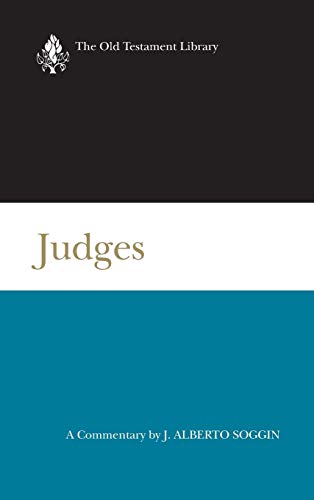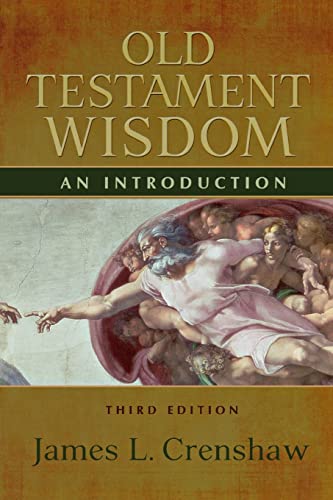Volume 8 - Issue 2
From partnership to marriage: Consultation on the Relationship between Evangelism and Social Responsibility (CRESR)
By Chris Sugden and David BoschDuring the past two decades evangelicals around the world have gradually been reawakened to the importance of social involvement as part and parcel of the Christian gospel—a position, in fact, which characterized evangelicalism of a century or more ago, but which was subsequently lost, partly owing to the rise of the Social Gospel movement in the liberal theological circles.
The reawakening of an evangelical concern for social responsibility was greatly stimulated by the International Congress on World Evangelization which met in Lausanne in July 1974. The Lausanne Covenantexpressed the conviction that evangelism and social concern were equal but separate partners that together made up the mission of the church. In this partnership evangelism was granted primacy.
The relationship remained ambiguous, however. Evangelicals experienced difficulty in relating and integrating practically evangelism and social concern. Some argued that evangelism without a commitment to social concern would produce churches which were blind to social injustice and would therefore, in effect, be a travesty of true evangelism. Others argued that a commitment to social involvement as equal to evangelism would produce churches that were mostly social service agencies and thus distract from people’s most desperate need, namely to obtain the eternal salvation of their souls.
To sort out these questions, the two major world evangelical bodies, the Lausanne Committee for World Evangelization (LCWE) and the World Evangelical Fellowship (WEF) called a week-long consultation which met at the Reformed Bible College in Grand Rapids, Michigan, from 19 to 26 June, 1982. Forty participants from twenty-six countries plus nine consultants attended this Consultation on the Relationship between Evangelism and Social Responsibility (CRESR).
Papers and responses that had been circulated in advance were discussed in small groups and plenary sessions. These were:
- Evangelism and Social Responsibility in the Perspective of Church History
Presenter: Bong Rin Ro (Korea); respondent: David Wells (USA).
- Perspectives on Evangelism and Social Responsibility in Contemporary Theology
Presenter: Tokunboh Adeyemo (Nigeria); respondent: David Bosch (South Africa)
- How broad is ‘Salvation’ in Scripture?
Presenter: Ron Sider (USA); respondent, Ludvig Munthe (Norway)
- The Kingdom in Relation to the Church and the world
Presenter: Arthur Johnston (USA); respondent: René Padilla (Argentina)
- History and Eschatology: Evangelical Views
Presenter: Peter Kusmič (Yugoslavia); respondent: Emilio Nuñez (Guatemala)
- History and Eschatology: Non-Evangelical and non-Christian Views
Presenter: Peter Beyerhaus (Germany); respondent: Gordon Moyes (Australia)
- The Mission of the Church—a Biblical Study
Presenters: Vinay Samuel and Chris Sugden (India); respondent: Harold Lindsell (USA)
- The Mission of the Church in Relation to Evangelism and Social Responsibility
Presenter: Chongnahm Cho (Korea); respondent: Tite Tienou (Upper Volta).
Other participants included John Stott, Gottfried Osei-Mensah, Leighton Ford, Harvie Conn, Bruce Nicholls and Peter Wagner. Six of the participants were from Europe, eight from Australasia, eight from Africa, six from Latin America, and twelve from North America.
Case studies on the relationship between evangelism and social responsibility were presented from situations as far removed from one another as the Philippines, India, Uganda, and Mississippi.
The discussions were frank and incisive. The differences between participants were, in some respects, far-reaching, particularly in the area of eschatology. Misunderstandings and even suspicions were present, especially during the first few days. In the course of the week, however, participants were able to open up to one another and to accept each others, bona fides. In this atmosphere of growing trust the consultation in its final days produced a statement of some 40 pages in which the relationship between evangelism and social responsibility was clarified.
The final document does not present a monolithic position. In fact, more than once it explicitly acknowledges that agreement on crucial points could not be reached. The agreement that was reached was, however, substantial and certainly more than a mere papering over of differences.
CRESR moved beyond the ‘separate but equal’ concept of Lausanne. The relationship between evangelism and social involvement, it was stated, was more than one of mere partnership. A more appropriate metaphor would be that of marriage, in which husband and wife not only belong to, and depend on, each other, but where one should also be able to see something of the one in the other. This means that there is an evangelistic dimension in all truly Christian social action even when explicit evangelism does not take place; likewise, there is a social dimension in all authentic evangelism, even where explicit social action does not occur. Supporters of one viewpoint in the debate conceded that evangelism is of prime importance in the sense that Christian social concern requires that there be Christians to be socially active, and that the supreme and ultimate need of people is Jesus Christ as Saviour. But that does not mean that Christians must always evangelize before they become socially involved, nor that ‘salvation’ simply means going to heaven. Others conceded that involvement in Christian social action stems from the gospel of Christ and is not to be understood as a jettisoning of conversion or the turning of churches into mere social action agencies.
The consultation suggested that between the option of Christians being involved in society as individuals acting on their own and often with little effect, and the option of church bodies as a whole taking action which could lead to politics from the pulpit, there is a third option in which local churches should give more attention to encouraging groups of Christians to take up tasks of evangelism and social justice across a whole range of issues from abortion to the arms race.
An important advance was the agreement that many distinctions used in Western society to divide individuals from society and personal from social ethics were invalid. Several examples were given to show that issues of personal ethics frequently have a decisive influence on society, as do issues of social ethics on the individual. If this is so, it is clear that Christians have to move beyond verbal evangelism and, in fact, beyond relief work and works of mercy. It should indeed become impossible to treat as optional active involvement in issues of political and economic activity or of social justice.
The consultation also recognized the influence of different cultures and social contexts on the ways in which the Christian gospel was shaped and shared, and took faltering steps to correct one another’s blind spots with insights from other parts of the world. It is hard for anyone to accept that such blind spots do indeed exist.
CRESR may prove to be, if not a watershed, then at least an important milestone in the development of the evangelical understanding of evangelism and social concern. The CRESR statement will be published shortly in brochure form. Negotiations are also under way to publish the papers presented at the Consultation.
A 64 page report of CRESR under the title ‘Evangelism and Social Responsibility: An Evangelical Commitment’ is now available from LCWE at Whitefield House, 186 Kennington Park Road, London SE11 4BT, cost £1.
Chris Sugden and David Bosch
David Bosch is Dean of the Faculty of Theology at the University of South Africa and Chris Sugden is Assistant Pastor of St John’s Church, Bangalore in India.






